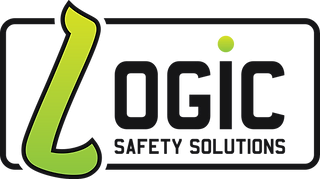The course covers an outline of occupational safety and health, defining hazards and risks, and identifying common hazards to improve safety performance.
This course is globally recognised and respected.
The course will run from 9am – 4.30pm
IOSH Working Safely FAQ
IOSH Working Safely is a one-day training course provided by the Institution of Occupational Safety and Health (IOSH), the world’s largest health and safety membership organisation. This course is designed to give workers at any level, in any sector, a grounding in the essentials of health and safety.
It focuses on why health and safety are important and how individuals can make a real difference to the wellbeing of themselves and others through changing their behaviour.
The IOSH Working Safely course is suitable for workers of all levels, including managers, supervisors, full-time employees, and part-time staff, across all industry sectors. It is ideal for anyone who needs a basic understanding of health and safety practices and the importance of safely performing their tasks at work.
Completing the IOSH Working Safely course provides several benefits:
- It helps in understanding the importance of working safely.
- It enhances the safety culture within an organization.
- Employees learn about best practice in terms of health and safety.
- The course can contribute to reduced workplace accidents and illnesses.
- It ensures compliance with UK health and safety legislation.
- Successful candidates receive an IOSH Working Safely certificate.
The IOSH Working Safely course is assessed through a short multiple-choice exam and a hazard spotting exercise at the end of the course. These assessments are designed to evaluate the understanding of the course material and the ability to apply this knowledge in a practical context.
While the IOSH Working Safely course covers general health and safety principles applicable to all industries, certain elements can be tailored to address the specific risks and requirements of different sectors. Training providers often work with businesses to customise examples, case studies, and scenarios relevant to their particular industry, ensuring that the training is as relevant and effective as possible.

